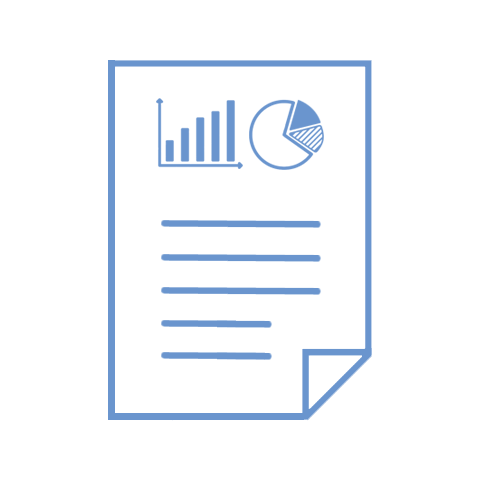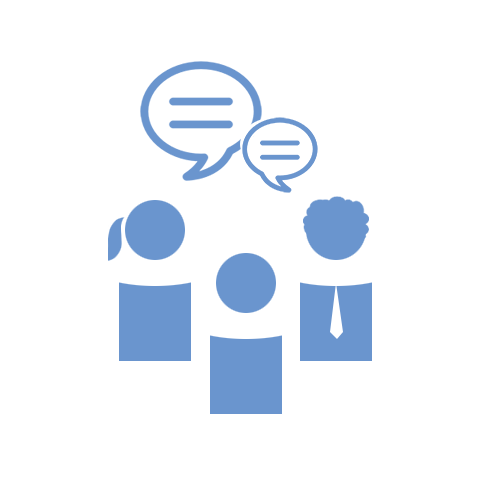EA Newsletter: February 2, 2017

Hey!
In our second edition of the year, read about CRISPR, concepts to sharpen your thinking, and some advice from startup accelerator Y Combinator that the Centre for Effective Altruism have picked up in their time there. Also; why Carl Shulman recommends gambling with your donation funds (seriously).
Happy reading,
The Team
Spotlight: Donor lotteries
In this post, Carl Shulman provides a workable solution for the high fixed costs that small individual donors encounter in deciding where to give. He suggests that such donors should pool their resources into a donation lottery which allows the winning donor to determine where everyone's donations go. This incentivizes the winning donor to spend the necessary time researching the most effective place to donate and reduces the coordination problem groups of donors often face. These kinds of solutions seem a valuable way to make donations more effective. There's a step by step guide to donor lotteries here.

Articles and Community Posts
CRISPR is set to become a crucial new technology for improving the world - whether it’s Malaria, genetic research or antibiotic resistance. Read all about CRISPR at Vox.
Know about Dual Processing Theory? Yes? Then how about the Tullock Paradox? Two Effective Altruists have launched Conceptually – concepts to understand the world, make better decisions, or at least sound smart.
A WHO consultant analyses access to pain relief in developing countries as a potential high-impact cause area.
Do we have a moral obligation to give up some of our resources for those who have much less? A refreshing take on Singer’s child-in-the-pond analogy on YouTube and some philosophical responses.

Timeless Classics
Flow-through effects are a long-standing topic of debate in the Effective Altruism community. To what extent can we expect that doing good now will lead to more positive changes later on? One of the seminal writings on this topic came from GiveWell’s Holden Karnosky in 2013. In 2014, Paul Christiano’s post ‘On Progress and Prosperity’ opposed Karnofsky’s original view.

Annoucements
ACE's Research Collaboration Directory
Animal Charity Evaluators (ACE) has set up a Research Collaboration Directory, intended to help connect researchers with mutual interests or complementary skills and establish partnerships between academics and animal advocates. Those interested are invited to register.
Centre for Effective Altruism (CEA): Notes from Y Combinator
CEA has had a month of tailored advice from start-up incubator Y Combinator which they are sharing with the community here. They have found that the YC approach to starting companies is sometimes quite different from the traditional EA approach. Here are three of the most interesting differences they’ve seen:
Growth First
If you’re in YC, you’re here to build a billion dollar company. The advice we’ve received focuses on how to take the next step to being wildly successful. This means they don’t focus on things like marginal cost-effectiveness or short-run profitability except insofar as that represents traction towards being wildly successful.
Entering crowded markets
YC doesn’t seem to worry if your idea has been tried before or even if there are others working on it now. Many markets are winner-takes-all and many of the most successful companies entered crowded markets (Google, Facebook). The goal isn’t to be the first company working on your problem, the goal is to be the best company working on your problem.
Bias for action
YC seems to embody Facebook’s motto of “move fast and break things.” The advice they give founders typically isn’t to worry about things like brand or reputation. Instead, they focus on how you can grow your KPI by 10% this week.
Updates
80,000 Hours
80k still has a funding gap. Over the coming months, they’ll be upgrading their profiles of promising cause areas with more actionable suggestions, better scores, more options and other improvements.
Animal Charity Evaluators
Video recordings and a written summary of the 2016 Effective Animal Activism Symposium are now available. ACE has also published a new chart comparing recommended charities
Cambridge Centre for the Study of Existential Risk
The first Cambridge Conference on Catastrophic Risk was held on 12th - 14th December 2016. Video recordings of the keynote speeches and a written summary (by Beth Barnes, Co-Founder of Future of Sentience Cambridge) are now available.
Centre for Effective Altruism
The Centre for Effective have been accepted into the Y Combinator (a startup incubator that has produced companies including AirBnB, Dropbox and Reddit) non-profit program. They’ve had 226 new Giving What We Can members since starting their pledge campaign , 171 in December making it their best month ever. Read a review of 2016 and their plans for 2017 in their fundraising document.
Future of Humanity Institute
FHI released its annual review, detailing the research and policy outcomes of the last year, especially its technical papers in AI safety
GiveWell
GiveWell published a blog post detailing its Incubation Grants work to support the development of potential future top charities and improve the quality of its recommendations. View a list of GiveWell Incubation Grants here.
Open Philanthropy Project
The Open Philanthropy Project announced several grants, including $3,000,000 to the Alliance for Safety and Justice for general support and $1,000,000 to Mercy for Animals to support "broiler chicken" welfare campaigns. Former Open Philanthropy Project grant recipient Protect the People was profiled in The Economist.
Raising for Effective Giving
In 2016, REG fundraised more than $1.4 million for highly effective charities from professional poker players with expenses of just $80,000, resulting in a “fund ratio” of 1:17.

Jobs
Donations Manager at GiveWell
Donor Relations Assistant at GiveWell
Post Doc in the Study of Policy, Responsible Innovation and the Future of AI at the Centre for the Future of Intelligence (Cambridge)
Project Manager at the Future of Humanity Institute
Go forth and do the most good!
Let us know how you liked this edition and how we can improve further.
If you’re interested in past editions of this newsletter, here is the full archive
Get Involved in Effective Altruism
The Effective Altruism Newsletter is a joint project between the Centre for Effective Altruism, the Effective Altruism Hub, and .impact.
This is an archived version of the EA Newsletter sent to 30,442 subscribers on February 2, 2017.
To see the full archives, click here.


